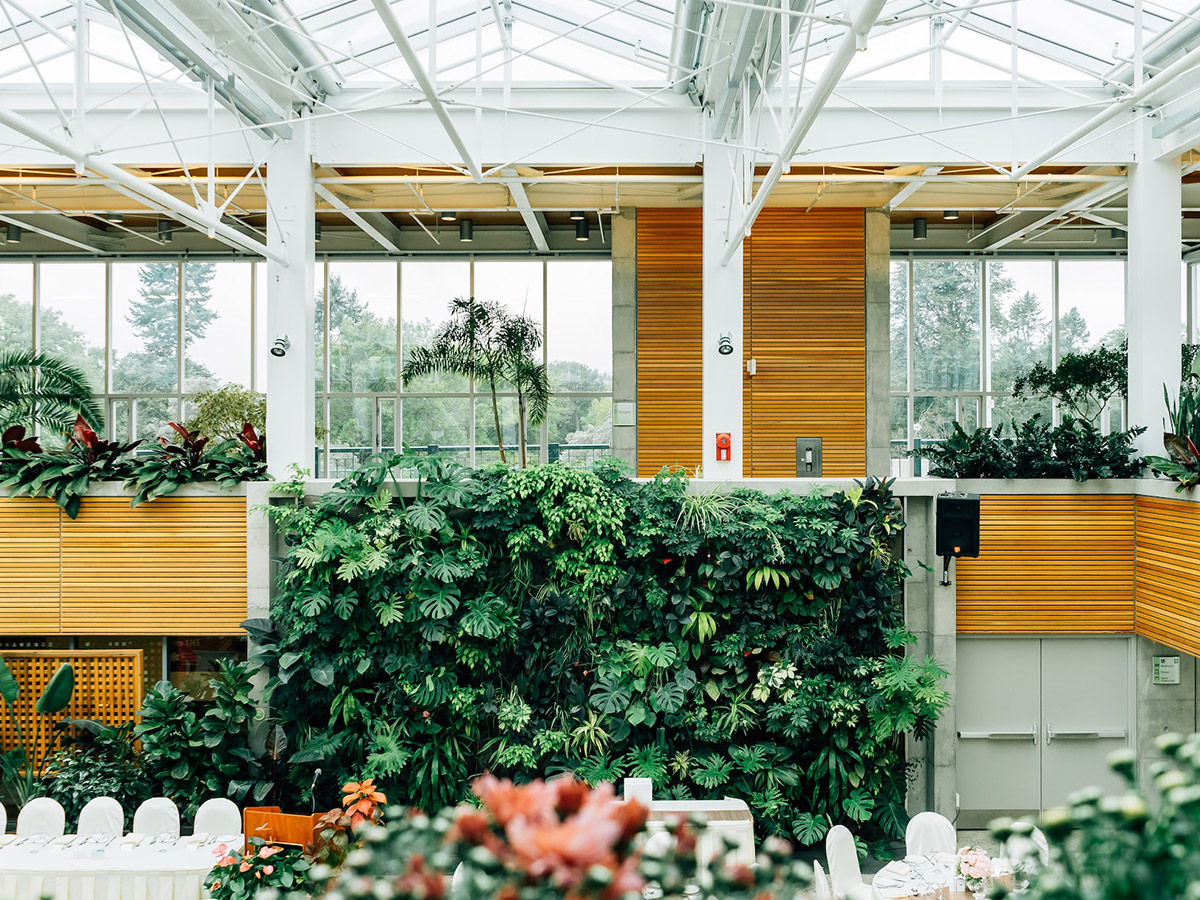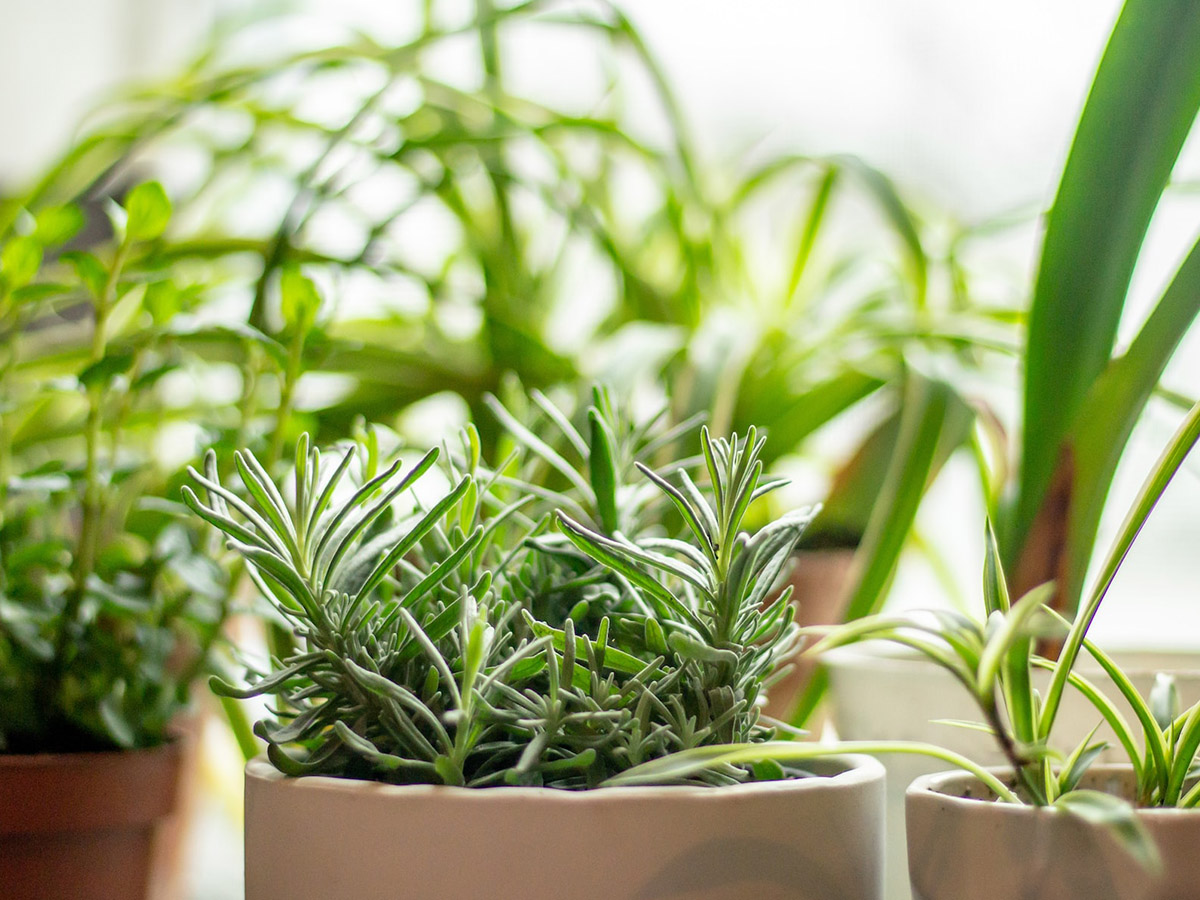Why City Gardening Should Be A Sustainable Outer Space Habit
Backyard gardens are a great way to maximize the amount of food you can produce on your own, but what happens when you are living in an urban area? Luckily, there are many ways to incorporate gardening into your organic lifestyle, such as cultivating raised beds, vertical gardens, and hanging baskets for an apartment balcony garden!
What is City Gardening?

City gardening or urban gardening or sometimes called small space gardening is gardening in urban areas, typically in yards or parks. It is usually done in a small space like an apartment balcony. Urban gardening can be done with a variety of plants and techniques, but it shares some similarities with permaculture, a design approach that seeks to create “systems” that are self-sufficient and sustainable. An urban garden can help reduce pollution, improve air quality, provide habitat for wildlife, and promote community involvement.
Growing food in potting soil placed in hanging baskets is possible and many edible plants can be grown. This means healthy food is now easily produced.
Why Urban Gardening Matters

Urban gardening is one of the most sustainable ways to care for the environment. The practice of growing plants in urban areas yields many benefits, including reducing reliance on pesticides and other harmful chemicals, conserving water, improving air quality, and providing food for people and animals.
Here are reasons why urban gardening matters:
1. City gardening reduces reliance on pesticides and other harmful chemicals.
Gardeners and farmers often resort to the use of pesticides and other chemical-based treatments to keep unwanted pests at bay in their outdoor spaces, despite the fact that these methods pose risks to human health and the environment. Exposure to these pollutants has been linked to cancer, birth abnormalities, and other severe health issues, according to research. Urban gardeners may lessen their influence on the environment by growing plants without the use of potentially hazardous pesticides.
2. City gardening conserves water.
One of the main water uses in a city is pumping water to supply homes, businesses, and public facilities. Gardeners who grow plants in their urban garden use less water than those who don’t because they have to irrigate their plants with rainfall or groundwater.
Green Spaces in Cities and the Outer Space Habit
The trend of urban gardening is on the rise, and for good reason. Green spaces in cities provide us with essential resources like food, water, and air, while also promoting a healthy environment and reducing pollution. Here are reasons why urban gardening should be considered a sustainable outer space habit:
1. Cities are major environmental polluters. An urban garden can help reduce pollution levels by producing food instead of using up resources to produce pollutants.
2. City gardens offer vital resources like food and water. Not only do they help reduce obesity rates, but they also provide essential sustenance for people living in dense urban areas.
3. Gardens help promote a healthy environment. Having healthy plants and flowers in our cities helps to clean the air and improve visibility.
4. Gardeners can learn about sustainable farming techniques. By learning how to garden sustainably, we can start to model this type of agriculture on a larger scale.
5. Indoor gardening can bring people together in a community activity. By working together as a community, gardeners can create relationships that can strengthen neighborhoods and reduce crime rates.
City Gardens, Community Gardens, and Infrastructure
An urban garden can play an important role in city infrastructure, both in terms of its benefits to the environment and the economy.
1. Community gardens are a powerful tool for reducing greenhouse gas emissions.
The United States EPA claims that greenhouse gas emissions from urban gardens are lower than those from more conventional landscaping methods like grass mowing and tree planting. In fact, a study by the Urban Greening Institute found that city gardens can reduce CO2 emissions by up to 44,000 metric tons per year! That’s equivalent to taking 10,000 cars off the road!
2. Community gardens help maintain healthy ecosystems.
City gardens are great sources of food for animals and insects, which helps maintain healthy ecosystems. In addition, they can help reduce obesity rates by providing alternative sources of sustenance for people who don’t have access to farmland or forests nearby.
3. Community gardens create jobs and promote economic development.
An urban garden can provide jobs for gardeners, landscapers, horticulturalists, and other related fields. In addition, they promote economic development by creating new businesses and supporting local economies.
Start your urban garden today!
Urban gardening can be a sustainable outer space habit for many reasons. Urban gardening helps to reduce the amount of waste produced by humans, it requires minimal land area, and it typically uses resources that would otherwise go unused. If we want to make sure that our cities don’t become uninhabitable in the future, we need to start thinking about how to best manage our resources and conserve them. By starting small with urban gardening, we can begin to make a big impact on the way our cities function.



